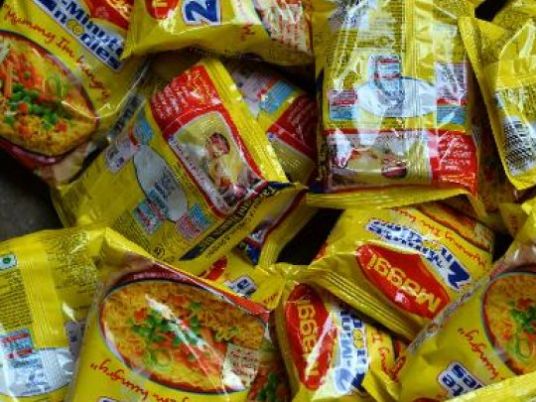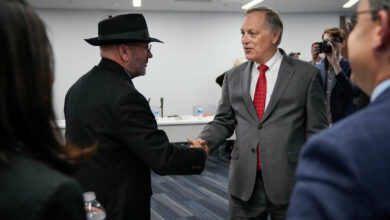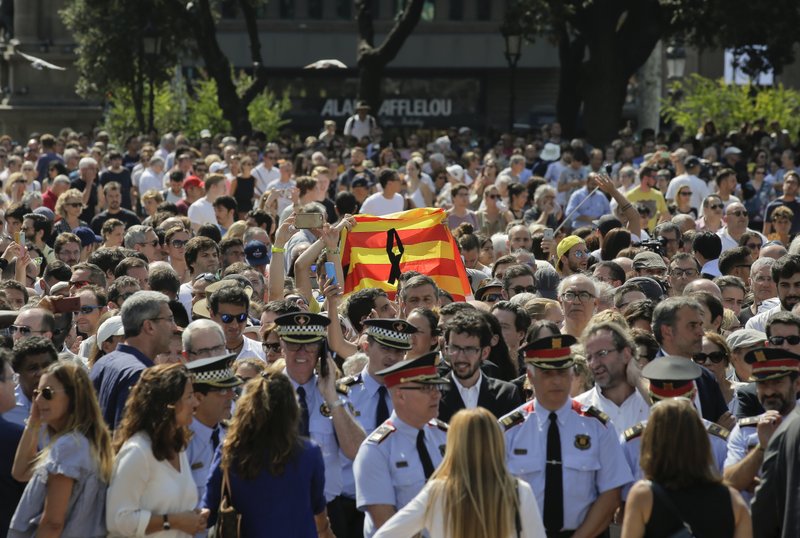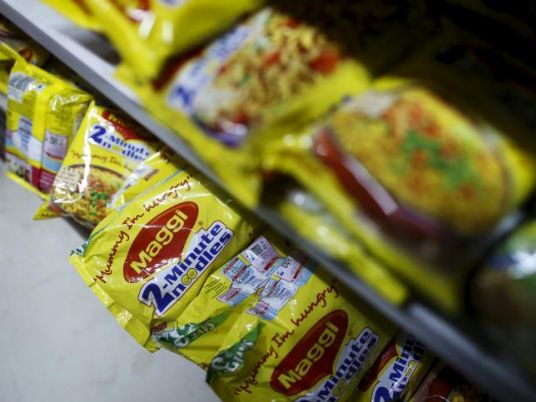
Nestle chief Paul Bulcke says he has drawn the lessons from India's shock ban on its Maggi instant noodles over a health scare and is now trying to salvage the image of the world's top food company.
Bulcke insisted that its hugely popular Maggi brand was 100 percent safe, saying that packaged food was unfairly fingered by many around the world as a health risk.
The Switzerland-based food giant's reputation took a bashing "because it's a big brand and that (ban) made a lot of waves," the Belgian chief executive told AFP in an interview.
India's food safety regulator on June 5 outlawed the product after it said tests showed the noodles contained excessive levels of lead.
The largest food company by revenues is challenging the order and is in the process of destroying more than 27,000 tons of Maggi noodles after halting production — a Herculean task given India's size.
The ban had led to 3.2 billion rupees (44.5 million euros, US$50.5 million) worth of goods being withdrawn, the company said.
Nestle had already announced it was pulling the product from sale when the Food Safety and Standards Authority of India imposed a ban following similar moves by some state governments.
'Perception counts'
"One can have facts on one's side but it's the perception that counts," Bulcke said, explaining the company's decision to withdraw and destroy the product.
"Food has never been safer," he said. "But there is this perception and we have to work on that. We have to reconnect with consumers."
According to Brand Finance, a consultancy firm, Maggi is set to lose over $200 million (180 million euros) in brand value following the setback in India.
Maggi was previously valued at $2.4 billion, Brand Finance said, adding that it had ranked the noodle manufacturer as the 23rd most valuable food brand in the world.
The ban in India could have devastating implications for Maggi in neighboring countries where it is also very popular, experts warn.
"The only thing that interests me is to have the product back as soon as possible and that things are cleared up," said Bulcke, who took over as Nestle's chief executive in 2008.
"We are doing all we can to make contact with Indian authorities at the earliest," he said, adding: "The product is safe."
Nestle notched up sales of 13.5 billion Swiss francs ($14.4 billion, 12.9 billion euros) in ready-to-eat and ready-to-cook meals last year, the third most profitable sector for the company after soft drinks and milk products and ice cream.
Concern over 'industrial food'
The food industry has been rocked by several scandals in recent years including tainted milk in China and horse meat being fraudulently passed off as beef in Europe.
There have also been growing concerns over obesity and the health effects of processed or "industrial" food.
Bulcke said Nestle, which has made nutrition, health and well-being the main axes of development, had invested enormous sums to develop balanced and healthy products, notably reducing the levels of sugar and salt.
Nestle is currently trying to relaunch frozen meals in North America.
As for India, Bulcke says he wants to get Maggi noodles back on the shelves "as soon as possible".
Maggi noodles grew increasingly popular as more and more Indians moved away from their home villages to study or seek work.
Before the scandal, it had emerged as one of India's five most trusted brands in a consumer survey conducted last year.
Several celebrities have endorsed Maggi over the years, including Bollywood superstar Amitabh Bachchan.




